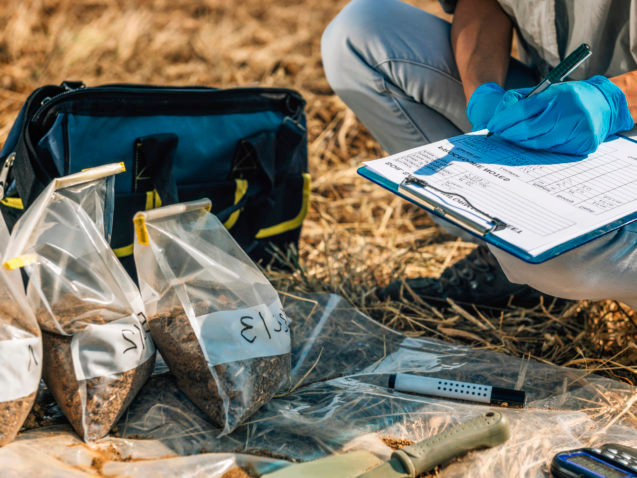The way consumers decide which food and drink products they can trust as ‘safe’ is of increasing interest to researchers, regulators and food manufacturers alike. We spoke to expert Tim Hogg, reader in food science and technology at the Universidade Católica Portuguesa, and Vice-Chair of European Technology Platform (ETP) Food For Life, to understand more.
Where does food safety sit within the sustainable food systems discussion?
It was clear before the current Covid-19 crisis that there is a need, and indeed a political and popular appetite, for profound changes to be made to the current food system. The effects of the coronavirus pandemic on all sections of society will require at the very least a double check on the plans for change – and probably much more than that. What is clear, and recognized by all, is that the way food safety is dealt with will also need to change in order to maintain a safe food supply in this new environment.
What are the current research trends around food safety?
Of the many recent exercises that identify research needs related to food safety, published by different stakeholders, it is interesting to note that much research is proposed in the social, psychological and economic sciences. It seems that we need to know more about how people perceive food safety.
Why are consumer attitudes so important?
The food industry is obviously concerned with how consumer attitudes and concerns related to the safety of food products can influence how he or she trusts the industry and the messages it communicates. It is well recognised that this trust is the same one that is required for the consumer to perceive the added value of the innovations that the industry presents to them. So, for the consumer, food safety is not only a necessity but also a key element in building and maintaining trust in the industry’s messages.
Is the same true for regulators?
Yes. The official bodies responsible for determining and enforcing food safety regulations also explicitly recognize the need to understand citizen’s attitudes and behaviour in order ensure that they and their messages are trusted. Indeed, regulators also identify the need to understand the citizen better to effectively determine the level and type of food safety measures it applies.
Do you see the food sector going further to ensure safety?
The food sector has a massive workforce, most of which has some direct responsibility for keeping the food supply safe. The efforts of the sector to go further than simply training and managing their own employees to keep the food supply safe and to imbue them with a deeper understanding of the importance of their roles, is a succinct definition of food safety culture. This concept is a subject of much debate and study not just on the part of the sector itself, that sees this as a necessary evolution, but also the regulators who see the need for their role to accompany these changes.
How will the human component of food safety evolve, especially in light of Covid-19?
There is a widespread feeling that the human component of keeping the food supply safe will become more important, even with the incredible advances in technology that are happening. We must now ask how the wide and varied effects of the unfolding pandemic will affect people’s attitudes and behaviour and thus this human component of food safety. Not just at the level of the consumer trust but in the citizen’s engagement with the food system, whatever his or her relationship with it.
Tim is Vice-Chair of European Technology Platforms (ETPs) Food For Life, an industry-led stakeholder forum aimed at stimulating innovations for the European food industry to the benefit of a sustainable society. ETPs develop research and innovation agendas and roadmaps for action at EU and national level to be supported by both private and public funding. They mobilise stakeholders to deliver on agreed priorities, share information across the EU and help deliver solutions to major challenges of key concern to citizens. Find out more here.






